NTU PPF 2019-2021
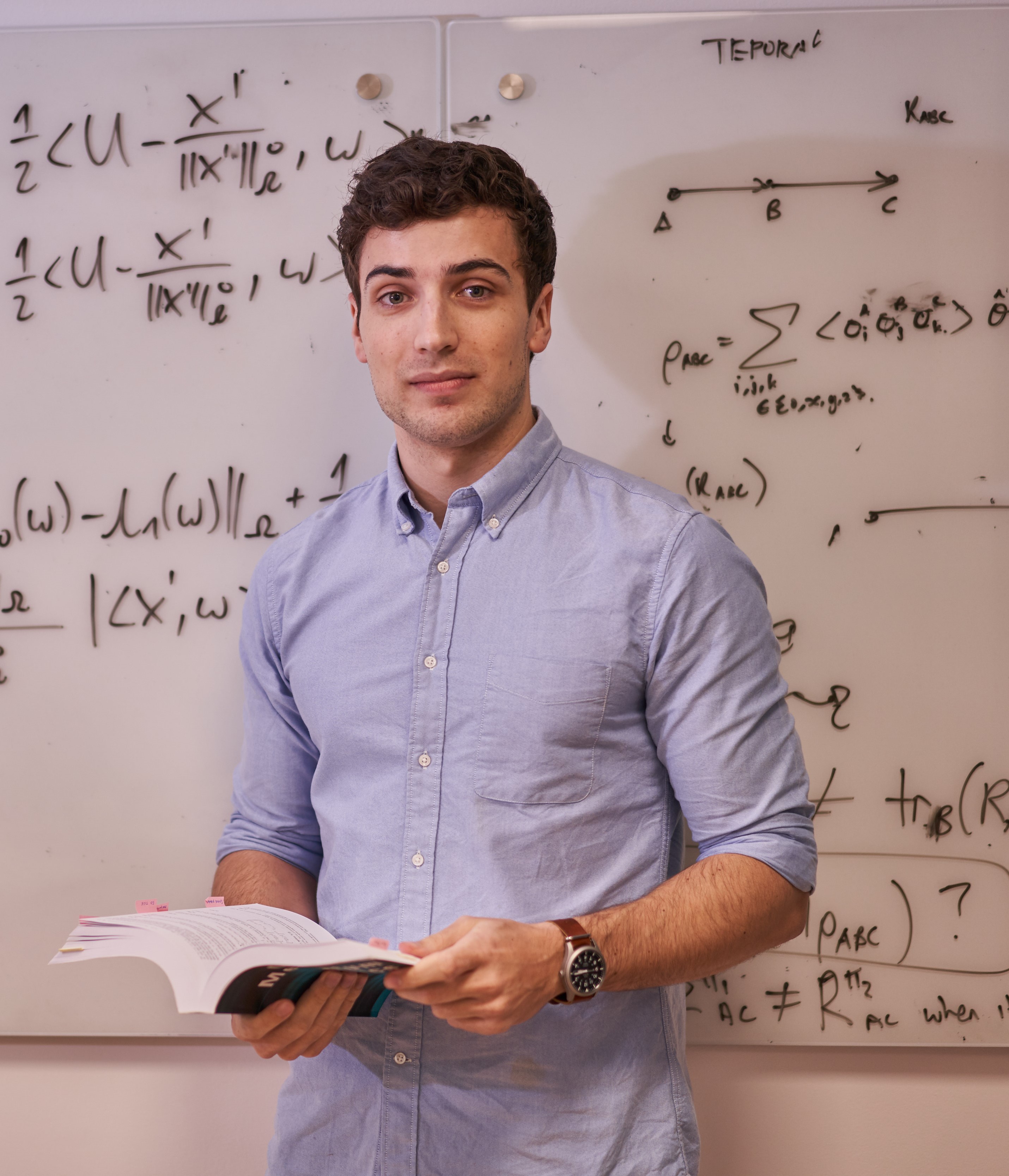
Previous Affiliation: PhD, University of Nottingham, UK.
Email: [email protected]
Homepage: https://bartoszregula.me
Bartosz obtained his PhD degree in mathematics from the University of Nottingham in 2018, working under the supervision of Prof. Gerardo Adesso. He then joined Dr Mile Gu and his Quantum and Complexity Science group at NTU as a research fellow, later moving on to the NTU Presidential Postdoctoral Fellowship in the same group. His research interests lie in quantum information theory, and in particular in the use of mathematical optimisation methods to characterise the advantages enabled by quantum mechanics in information processing.
Research Interests: Quantum information theoryPPF Project: Quantum resources: from mathematical foundations to operational characterisation
Previous Affiliation: PhD, Imperial College London, UK.
Email: [email protected]
Homepage: -
Dr Géraldine Bouveret is the Gopalakrishnan - Presidential Postdoctoral Fellow in the School of Physical & Mathematical Sciences (SPMS), Nanyang Technological University, Singapore. She is also an Honorary Research Associate at the Smith School of Enterprise and the Environment (SSEE) and an elected member of the Senior Common Room at Wadham College, both at the University of Oxford. Dr Bouveret holds a PhD in mathematics from Imperial College London. She initially read financial engineering at ESSEC Business School and mathematics at Université Paris Dauphine and ENSAE ParisTech. Prior to joining the SPMS, Dr Bouveret has been a Research Associate at the SSEE, University of Oxford, for three years where she has worked for the Sustainable Finance Programme and developed her own research field at the intersection between finance, the economics of sustainability and mathematics. She has also conducted a work on epidemic networks at Université Paris 1 Panthéon-Sorbonne. Alongside academe, Dr Bouveret has held quantitative roles in both the investment banking and insurance sectors for several years within which she has successfully led diverse research projects in financial economics and financial mathematics.
Research Interests:Her research focuses on:
• Mathematics
• Economics of sustainability
PPF Project: Building a financial & economic system resilient to environmental risks
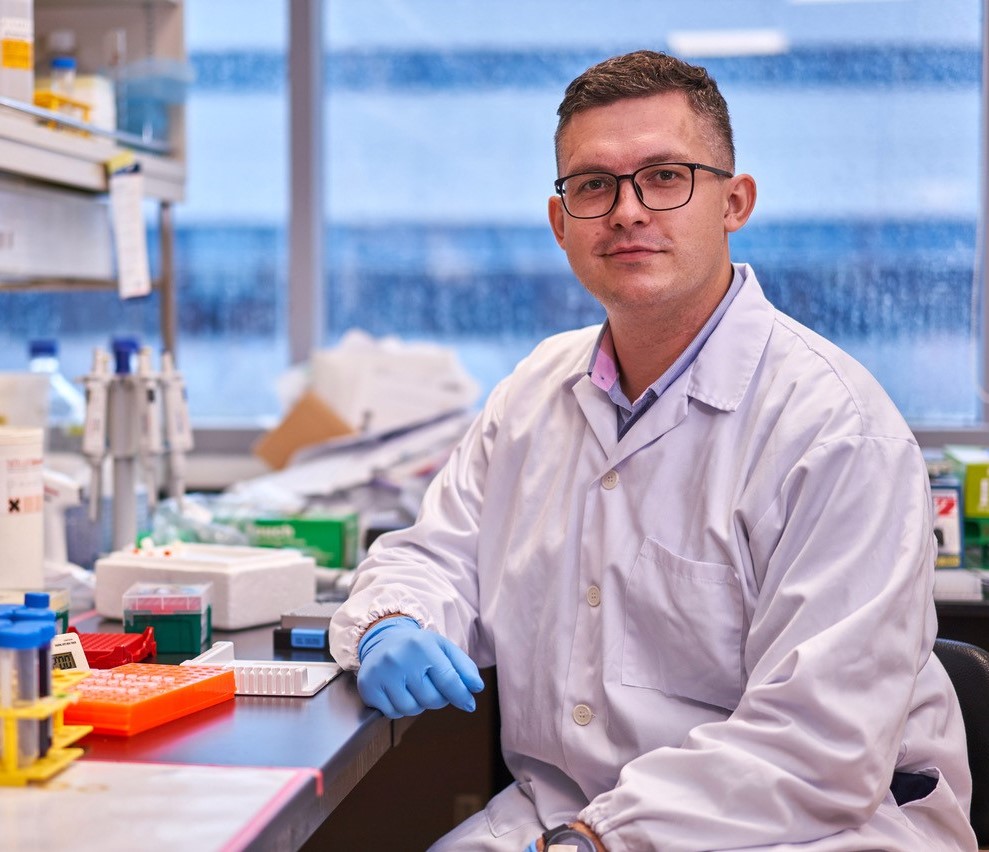
Previous Affiliation: PhD, Nanyang Technological University, Singapore.
Email: [email protected]
Homepage: -
Jerzy is a Presidential Postdoctoral Fellow at NTU School of Biological Sciences and his research focuses on the drug mechanism of action of antimalarial agents. Jerzy grew up in Warsaw, Poland and in 2007 moved to UK to pursue his studies, earning BSc and MSc degrees in Molecular Cell Biology and Bioscience Technology from the University of York. Thereafter, he relocated to Thailand to conduct clinical research on neglected tropical diseases at Shoklo Malaria Research Unit (SMRU) within the Wellcome Trust-Mahidol-Oxford-Research network. This experience eventually led him to undertake doctoral studies in Singapore under supervision of Prof. Zbynek Bozdech, focusing on the molecular characterisation of antimalarial therapies and developing MS-CETSA as a tool for studying Plasmodium falciparum. He obtained his PhD from NTU in 2019 and stayed on to continue his work on this fascinating parasite.
Research Interests:
• Infectious diseases
• Drug discovery and development
• Drug resistance
• Drug mechanisms of action
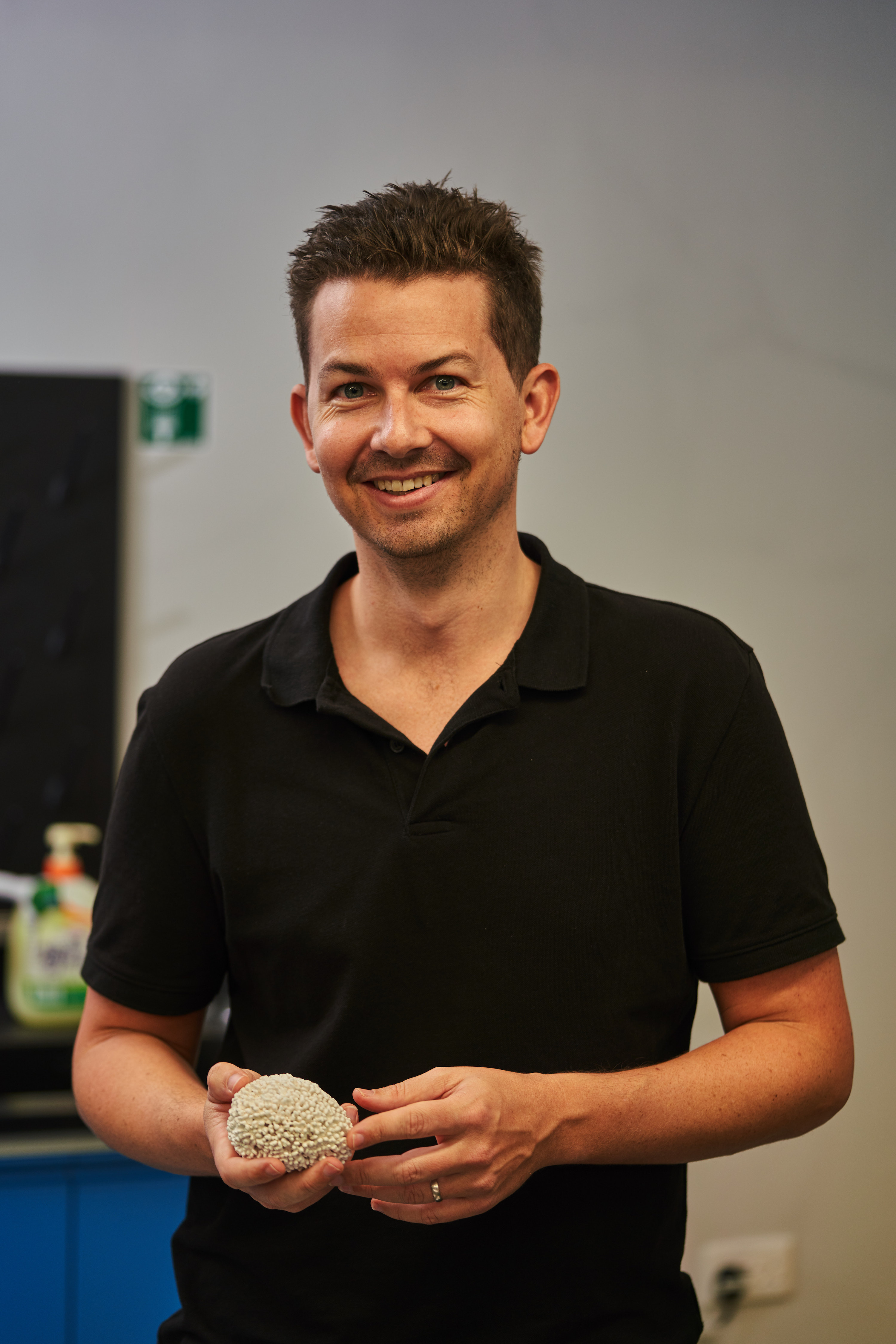
Previous Affiliation: PhD, University of Auckland, New Zealand.
Email: [email protected]
Homepage: -
Kyle Morgan is an AXA and Presidential Postdoctoral Fellow in the Asian School of Environment (ASE), Nanyang Technological University, Singapore. He is a marine scientist with research expertise in coral reef ecosystems and tropical coastlines. Prior to joining ASE, Kyle worked as a Research Fellow within the Tropical Coastal and Marine Geoscience group at the University of Exeter, United Kingdom, where he investigated the distribution and historical development of turbid coral reefs on the central Great Barrier Reef. He obtained his PhD in Marine Science from the University of Auckland, New Zealand, by building a comprehensive calcium carbonate budget for an atoll reef in the Maldives. Kyle has conducted extensive field research throughout the Indian Ocean, Great Barrier Reef, Pacific Ocean, the Caribbean and Southeast Asia. His research focuses on the relationship between coral reef ecology and coastal geomorphology in both clear-water and turbid environments, with particular interest in understanding processes that drive coral reef bioconstruction and sediment generation. More recently, he has begun to work within highly-urbanized settings to examine the impacts of rapid coastal development on coral reefs, and the potential resilience of these coral communities to future environmental change.
Research Interests: Focuses on the relationship between coral reef ecology and coastal geomorphology in both clear-water and turbid environments, with particular interest in understanding processes that drive coral reef bioconstruction and sediment generation
PPF Project: How stressed are Southeast Asian coral reefs? Assessing change on urban reefs within the Coral Triangle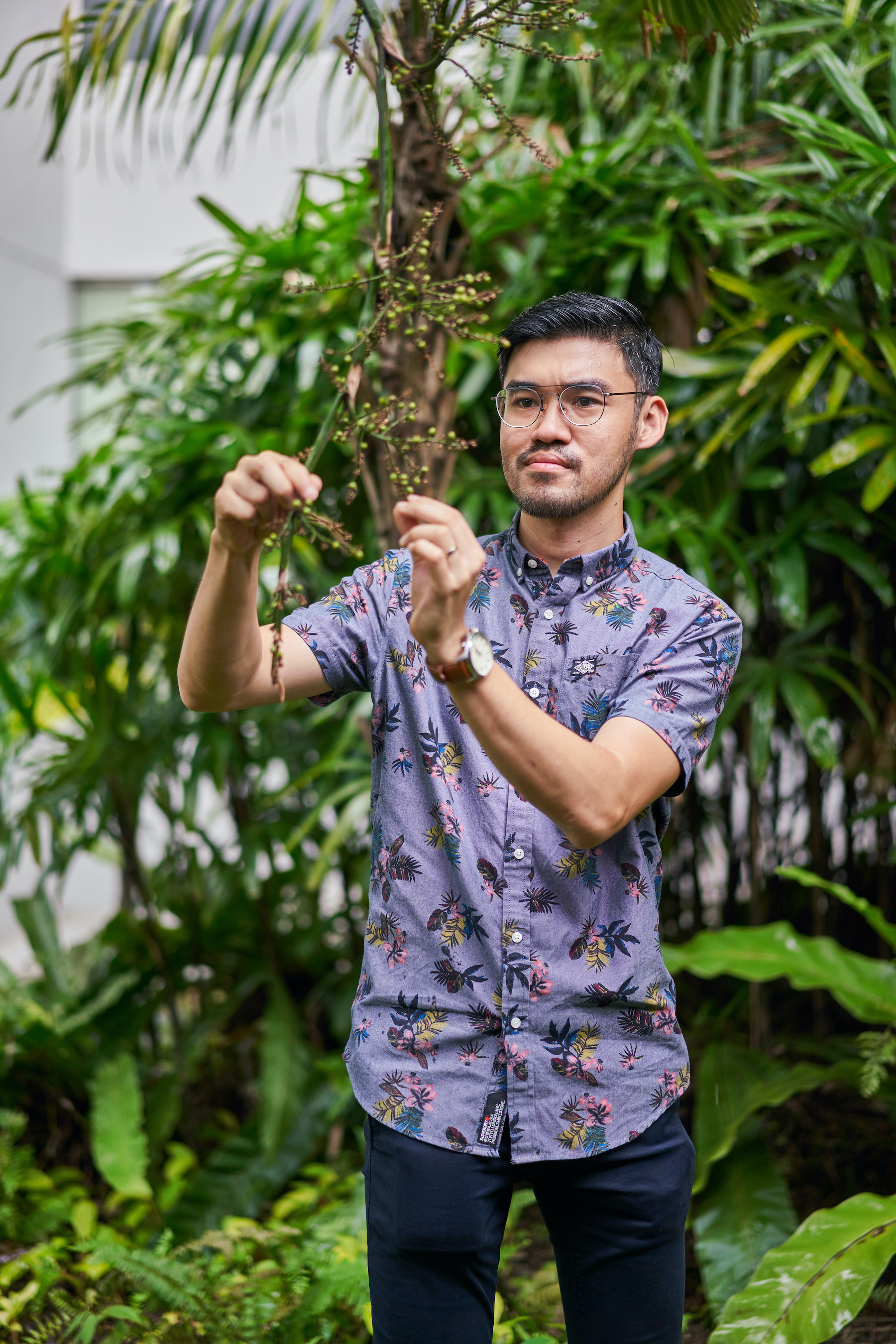
Previous Affiliation: PhD, University of California, Berkeley, US.
Email: [email protected]
Homepage: https://junyinglim.weebly.com
Jun Ying Lim graduated with a PhD in Integrative Biology from the University of California, Berkeley. His PhD work focused on the Hawaiian Islands, a "natural laboratory" with which he used to study the interplay between geologic and landscape dynamism and the tempo and mode of evolutionary dynamics. He later joined the Institute for Biodiversity and Ecosystem Dynamics at the University of Amsterdam as a post-doctoral researcher. Extending on the theme of ecosystem perturbation of his previous work, he led a study looking into the impact of frugivore extinction on modern day plant assemblages, and how Cenozoic climate change and the decline of tropical ecosystems worldwide have shaped the distribution and diversity of palms over millions of years. Jun Ying returned to his roots back in his native Singapore, joining Nanyang Technological University as a Presidential Post-doctoral Fellow in September of 2019, driven by his passion for the local flora and fauna. He now focuses his efforts on better understanding the myriad factors that make Southeast Asia one of the most biodiverse regions in the world, and how the incredibly precious biota of the region may be threatened through anthropogenic climate change and other stressors.
PPF Project: The imprint of climatic history on South-East Asian (SEA) plant assemblages
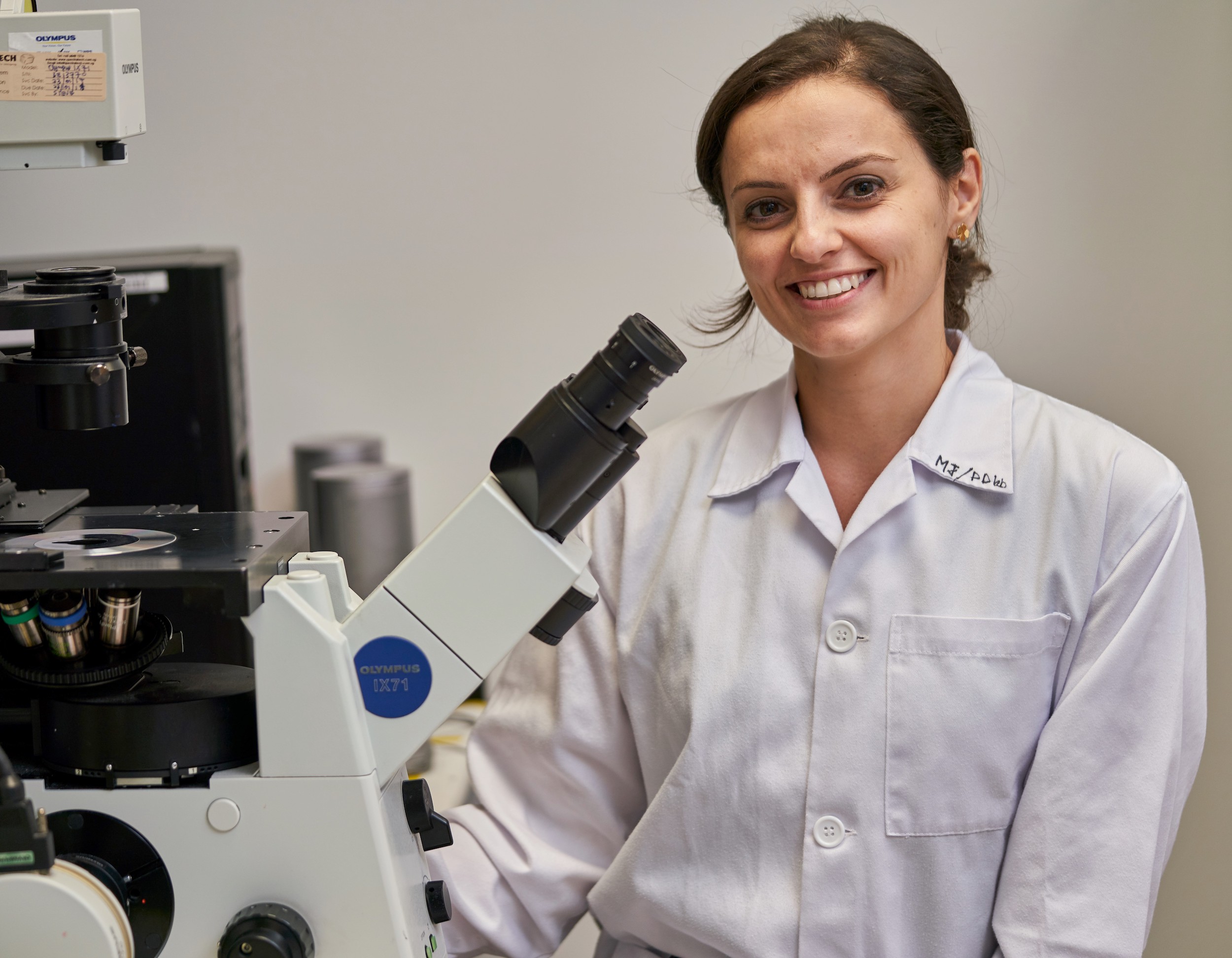
Previous Affiliation: PhD, University of Paris Descartes (Paris 5), France.
Email: [email protected]
Homepage: -
Maya Jeitany graduated in 2014 from Paris Descartes University (France) with a PhD degree in Molecular and Cell Biology. She carried out her PhD research at the CEA (Commissariat à l’énèrgie atomique) Institute thanks to a competitive funding scheme from the “IRTELIS PhD program”. After her PhD, she joined the Montpellier Cell Biology Research Center (CRBM) for a first postdoctoral training, before moving to Singapore in 2016 for a second postdoctoral training at the Cancer Science Institute of Singapore at NUS. In October 2019, she joined NTU as a presidential postdoctoral fellow.
Research Interests: Overall, my research aims to find novel therapeutic strategies in cancers. To that end, I employ large-scale omics profiling to unravel new targetable regulatory mechanisms of a poorly known telomere maintenance pathway termed ALT (Alternative Lengthening of Telomeres), present in about 15% of cancer cells, but to which no clinical management is available. In addition, I seek to repurpose already approved anti-cancer drugs to novel cancer therapeutics applications. In both research angles, I strive to understand the cellular response as well as the mechanistic action of the drugs, and validate their safety and efficacy in xenografts in vivo models.
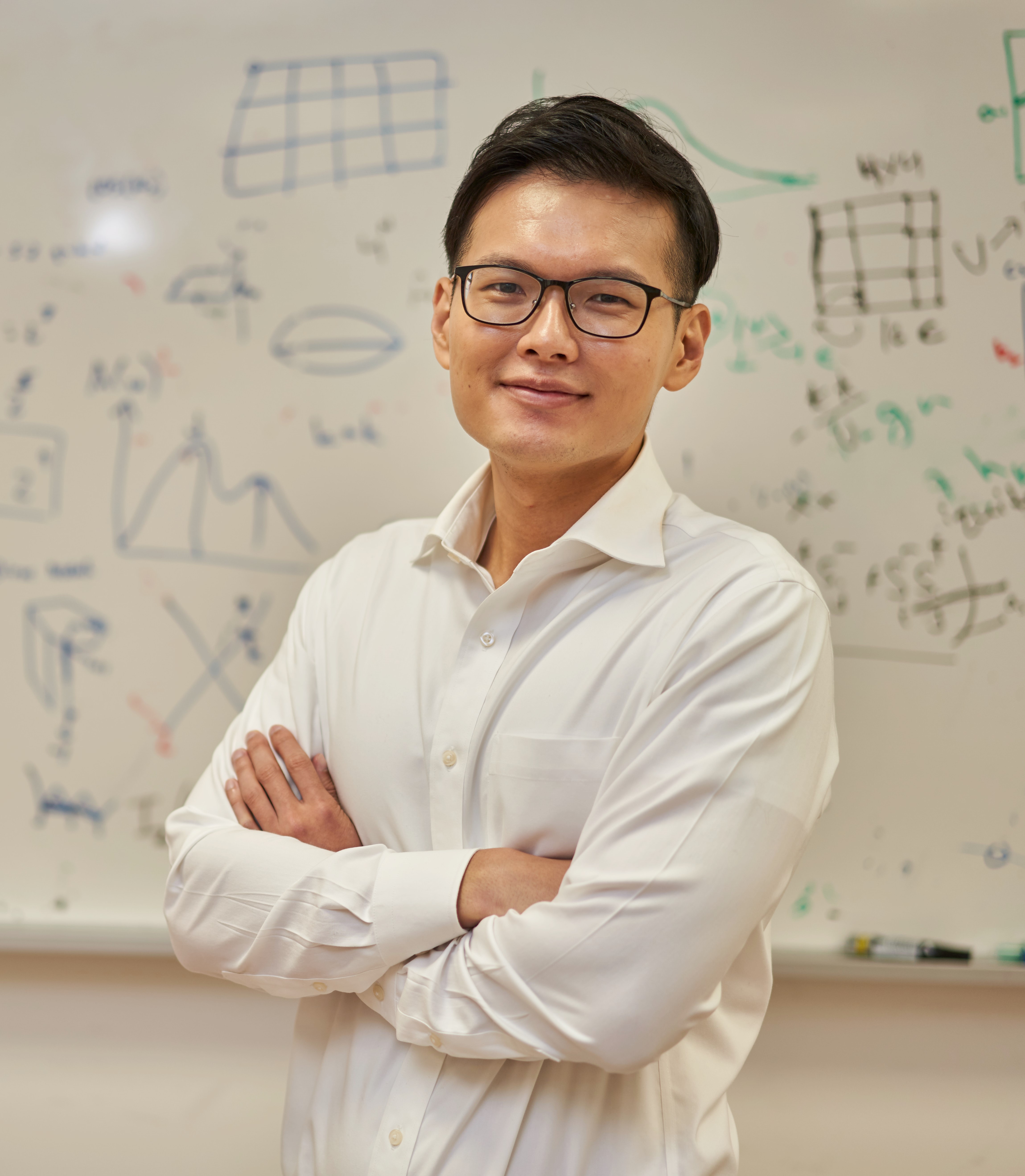
Previous Affiliation: PhD, National University of Singapore, Singapore.
Email: [email protected]
Homepage: -
Tan Kok Chuan Bobby obtained his Bachelor’s degree in 2010 and then subsequently his Doctorate degree in 2014 from the National of University of Singapore. As a Ph.D. candidate, he was deeply involved in the study of the role that quantum correlations plays in various physical processes at the Center of Quantum Technologies (CQT), Singapore. He then moved to South Korea in 2015 as a postdoctoral researcher at Seoul National University, where he was awarded the Brain Korea (BK) Fellowship and then subsequently the Korea Research Fellowship (KRF) by the National Research Foundation (NRF) of Korea. In 2019, he was awarded the Presidential Postdoctoral Fellowship by Nanyang Technological University (NTU) and joined as a Presidential Postdoctoral Fellow. His current research interest is the study of nonclassical quantum effects in continuous variable systems, and is exploring ways to exploit such nonclassical effects to address important applications such as in quantum metrology. More generally, his research primarily concerns the study of areas where quantum mechanics diverges from classical physics and finding novel fundamental or operationally useful interpretations for them.
Research Interests: Quantum Entanglement, Generalized Quantum Correlations, Quantum Coherence, Quantum Metrology, Quasiprobabilities Distributions, Nonclassical LightPPF Project: Operational resource theory of quantum light
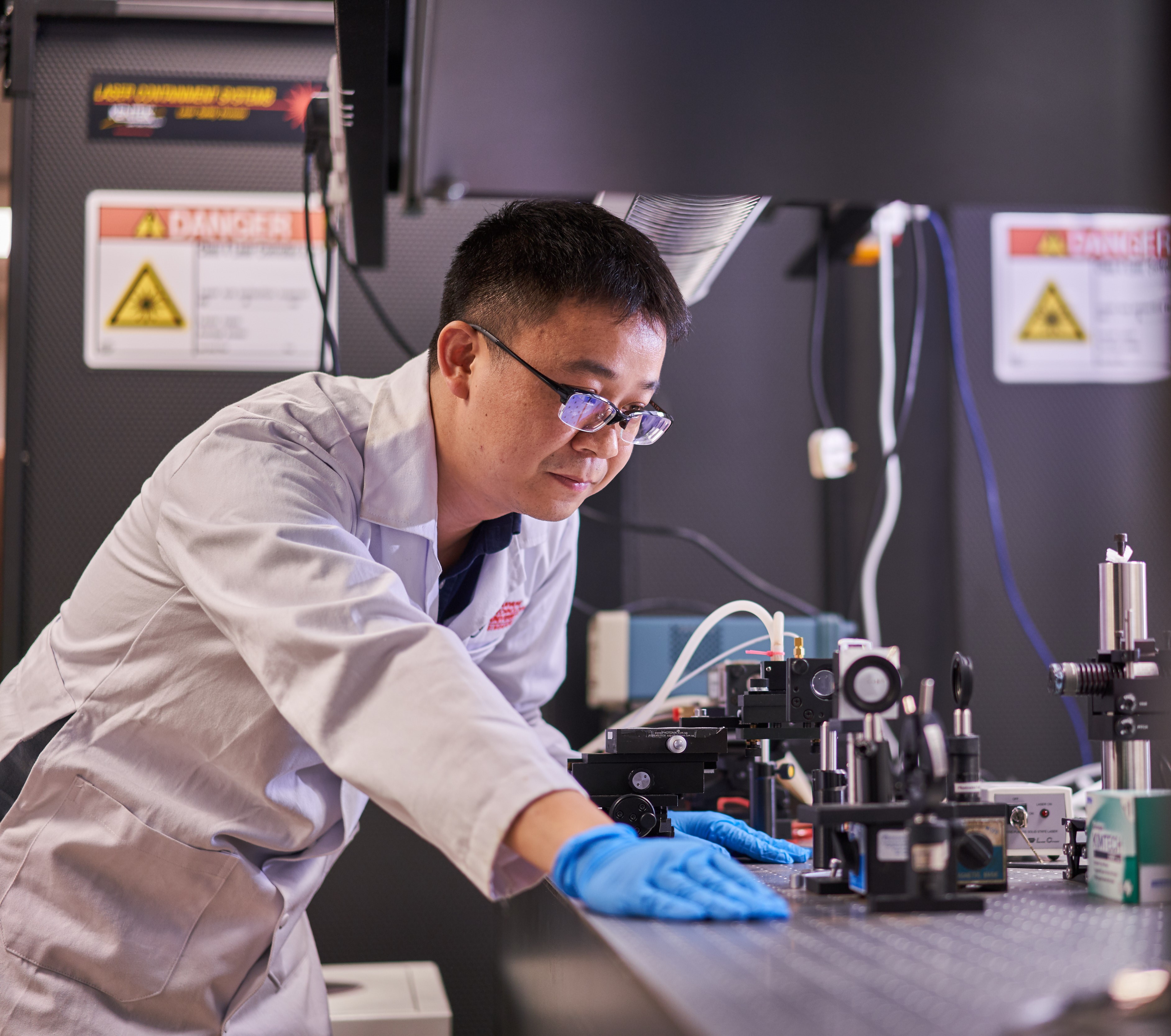
Previous Affiliation: PhD, University of Chinese Academy of Sciences, China.
Email: [email protected]
Homepage: https://scholar.google.com.sg/citations?user=qZLZH3cAAAAJ&hl=en
Dr. Jinchao TONG received his Ph.D. from University of Chinese Academy of Sciences in 2015, majored in Microelectronics and Solid-State Electronics, following his B.S. degree from Central South University in 2010, majored in Applied Physics. In 2014, he was a Research Engineer with the School of Electrical and Electronic Engineering, Nanyang Technological University, Singapore, where he was upgraded as a Research Fellow in 2015 and then as a Senior Research Fellow in 2019. He is currently supported by Nanyang Technological University Presidential Postdoctoral Fellowship. His current research interests include infrared, millimeter & terahertz wave sensing, and applications based on optoelectrical semiconductors. He has published/co-published more than 40 journal and conference papers and co-authored 10 patents. He was awarded the National Encouragement Scholarship and China National Scholarship for undergraduates in 2008 and 2009, respectively.
PPF Project: Sensitive millimeter & terahertz wave sensors for walk-through security system
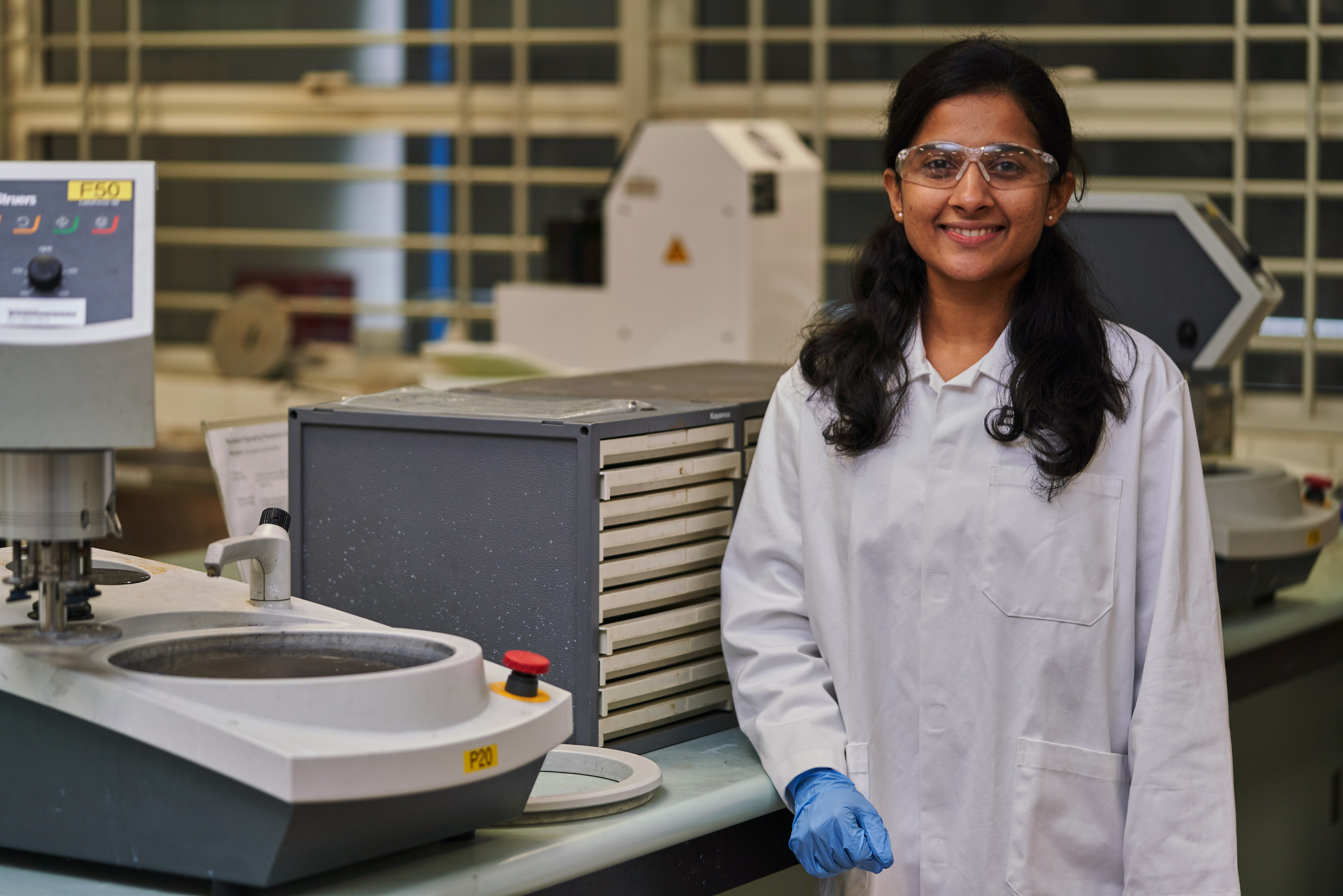
Venkata Rama Lakshmi Sravya Tekumalla
School of Mechanical and Aerospace Engineering, NTUPrevious Affiliation: PhD, National University of Singapore, Singapore.
Email: [email protected]
Homepage: https://scholar.google.com.sg/citations?user=ifOMtREAAAAJ&hl=en
Dr. Sravya is a Materials Scientist, working on unravelling the potential of different novel and advanced metallic materials for several applications suiting different requirements including that of aerospace, automobile, biomedical and electronic applications. She considers being a scientist an opportunity to do something significant in this world. It is the incentive of making millions of lives more comfortable and at the same time protecting this planet with environment-friendly solutions, that spurs her on every day. She holds a Doctor of Philosophy from the National University of Singapore (NUS) for her work on “Futuristic In-Situ and Ex-Situ Approaches for Synthesis of Superior Magnesium Nanocomposites”. She later went on to do a Postdoctorate at NUS on “Ignition/Flame Resistant Materials for Aerospace/Defense Applications”. She will be working on “Fatigue Behavior of Additively manufactured Beta type Titanium alloys for Biomedical Applications” as part of her Gopalakrishnan-NTU Presidential Postdoctoral Fellowship. Dr. Sravya is extremely active in research as well as mentoring students in their research projects and has published over 20 Journal publications and 20 Conference proceedings. She has also been a recipient of several early career researcher awards/honorariums like the Asian Deans’ Forum 2019 The Rising Stars, Sparrho’s Early Career Researcher Hero, etc.
Research Interests: Processing, Microstructure, Mechanical Behavior, Additive and Subtractive Manufacturing, Material Design, Alloys and Composites, Light Metals.PPF Project: Fatigue Behaviour of Additively Manufactured ß-type Titanium
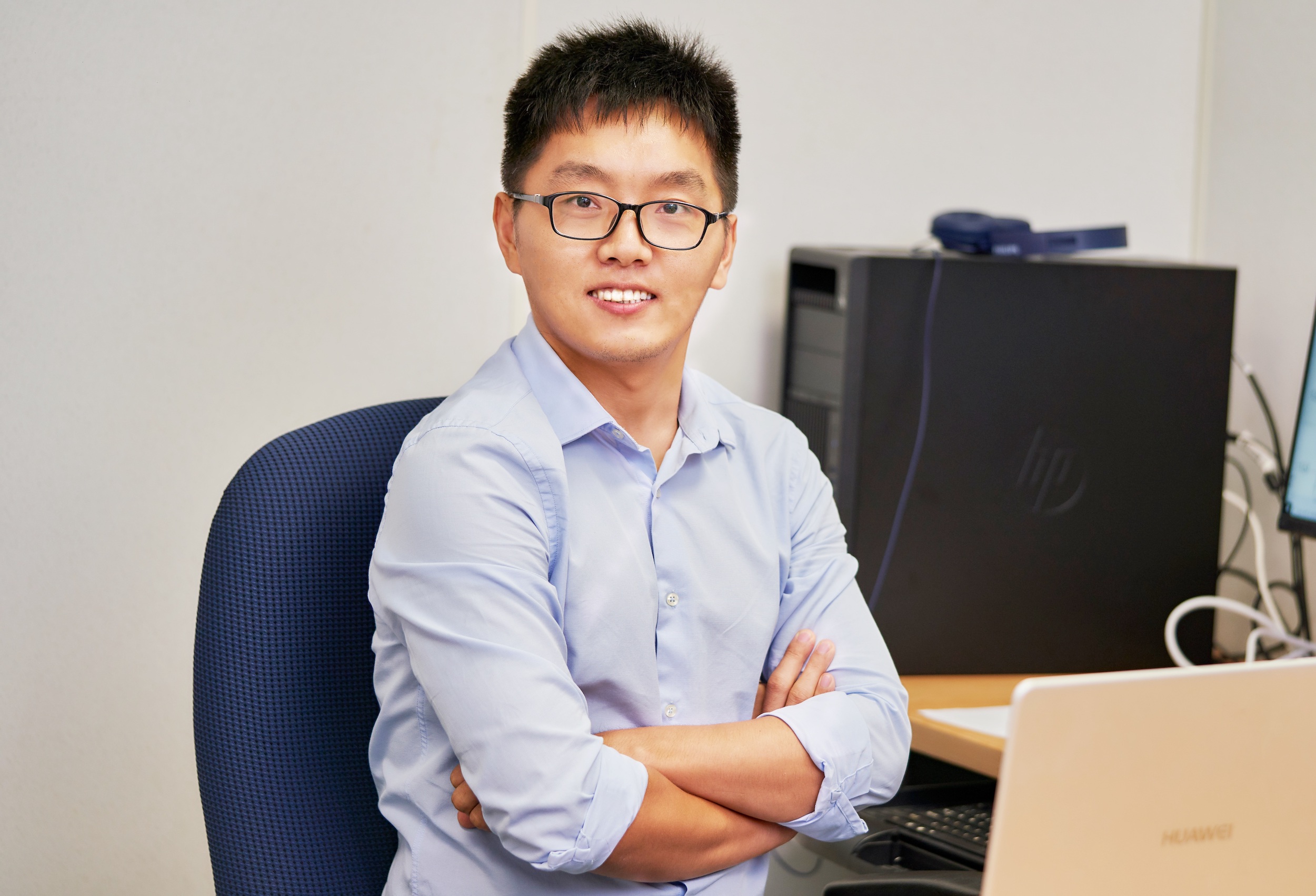
Previous Affiliation: PhD, Zhejiang University, China.
Email: [email protected]
Homepage: -
Lantao Xing received the Ph.D. degree in control science and engineering from Zhejiang University, China, in 2018. From 09/2015 to 09/2016, he was a Visiting Scholar in the School of Electrical and Electronic Engineering at Nanyang Technological University (NTU), Singapore. From 11/2017 to 10/2019, he was with the School of Electrical Engineering and Computer Science at Queensland University of Technology, Australia, initially as an Occupational Trainee and then a Research Fellow. He is currently a Presidential Postdoctoral Fellow at NTU.
Research Interests: His research interests include nonlinear system control, event-triggered control, and distributed control with applications in smart grid.PPF Project: Distributed Voltage Regulation with Battery Energy Storage Systems
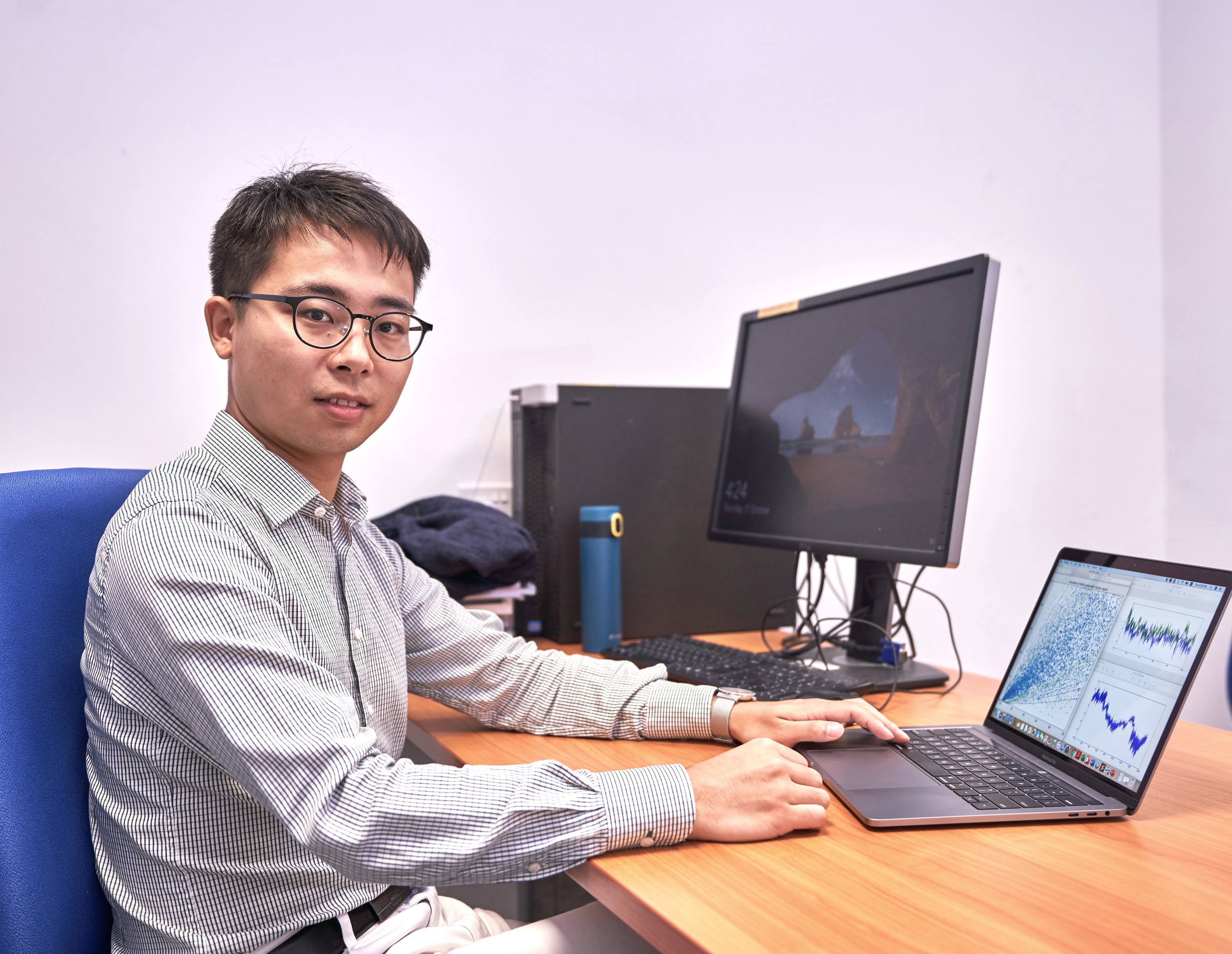
Previous Affiliation: PhD, Nanyang Technological University, Singapore.
Email: [email protected]
Homepage: https://frank-xing.info/
Frank Xing is currently Presidential Postdoctoral Fellow with School of Computer Science and Engineering, Nanyang Technological University, Singapore. Prior to that, he worked as a machine learning specialist for one year at Continental. He obtained a PhD from Nanyang Technological University in 2019, a BSc in Information Management and a BA in Economics, both from Peking University in 2015. His research spans statistical natural language processing and sentiment analysis and their application to financial forecasting and optimization. What he is mostly known for are the concepts of “market views” and “semantic vines”. Frank is well-published in major conferences in the area of Artificial Intelligence. He also diligently serves as Guest Editors for journals such as “Information Processing & Management” and “Applied Soft Computing”. His recent survey on natural language based financial forecasting (NLFF) and book on intelligent asset management (IAM) have already attracted much attention in the research community of AI for finance.
Research Interests: Text mining, sentiment analysis, optimization, computational finance.PPF Project: Innovative Approaches to Portfolio Optimization














/enri-thumbnails/careeropportunities1f0caf1c-a12d-479c-be7c-3c04e085c617.tmb-mega-menu.jpg?Culture=en&sfvrsn=d7261e3b_1)

/cradle-thumbnails/research-capabilities1516d0ba63aa44f0b4ee77a8c05263b2.tmb-mega-menu.jpg?Culture=en&sfvrsn=1bc94f8_1)

7e6fdc03-9018-4d08-9a98-8a21acbc37ba.tmb-mega-menu.jpg?Culture=en&sfvrsn=7deaf618_1)
